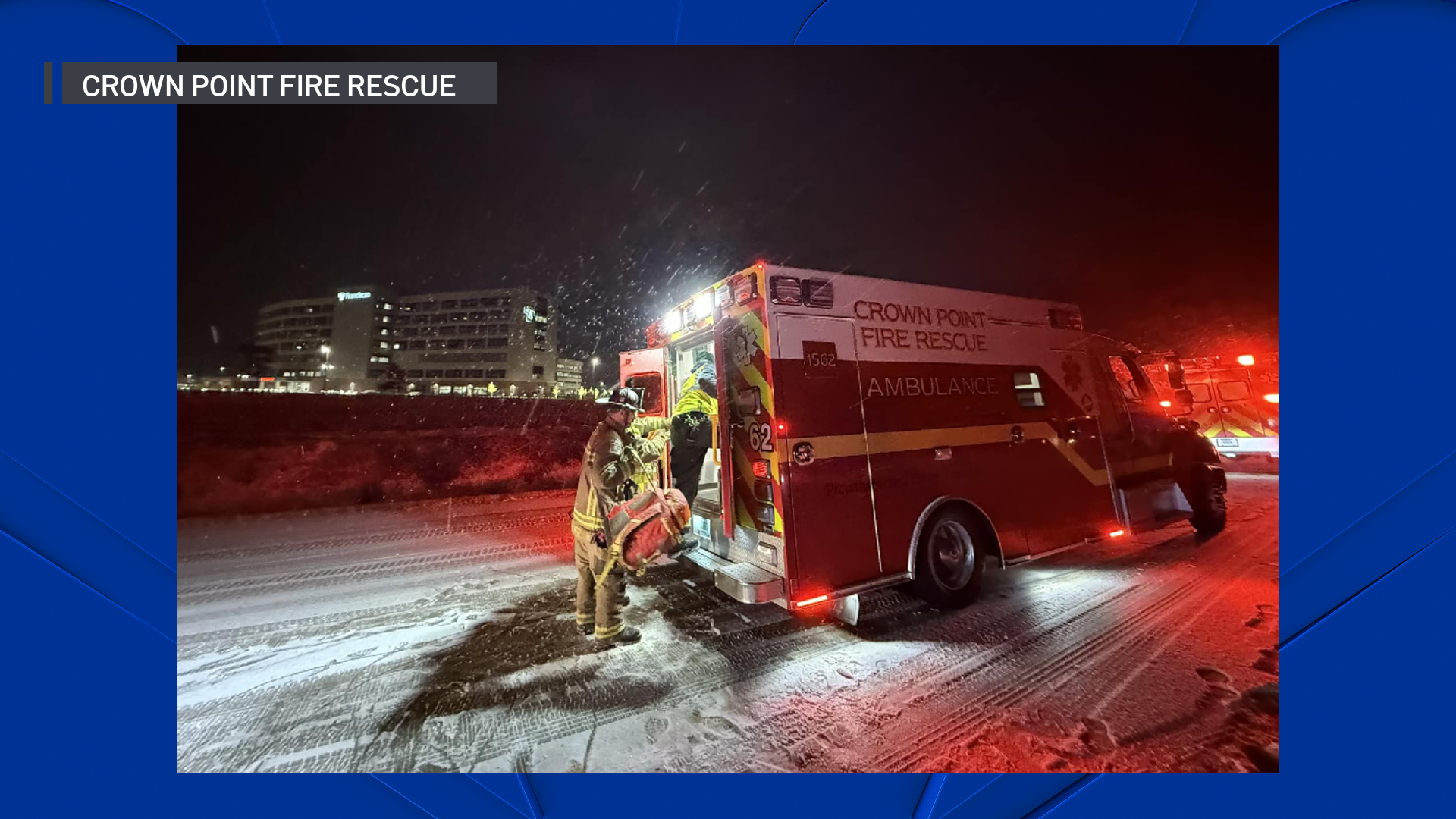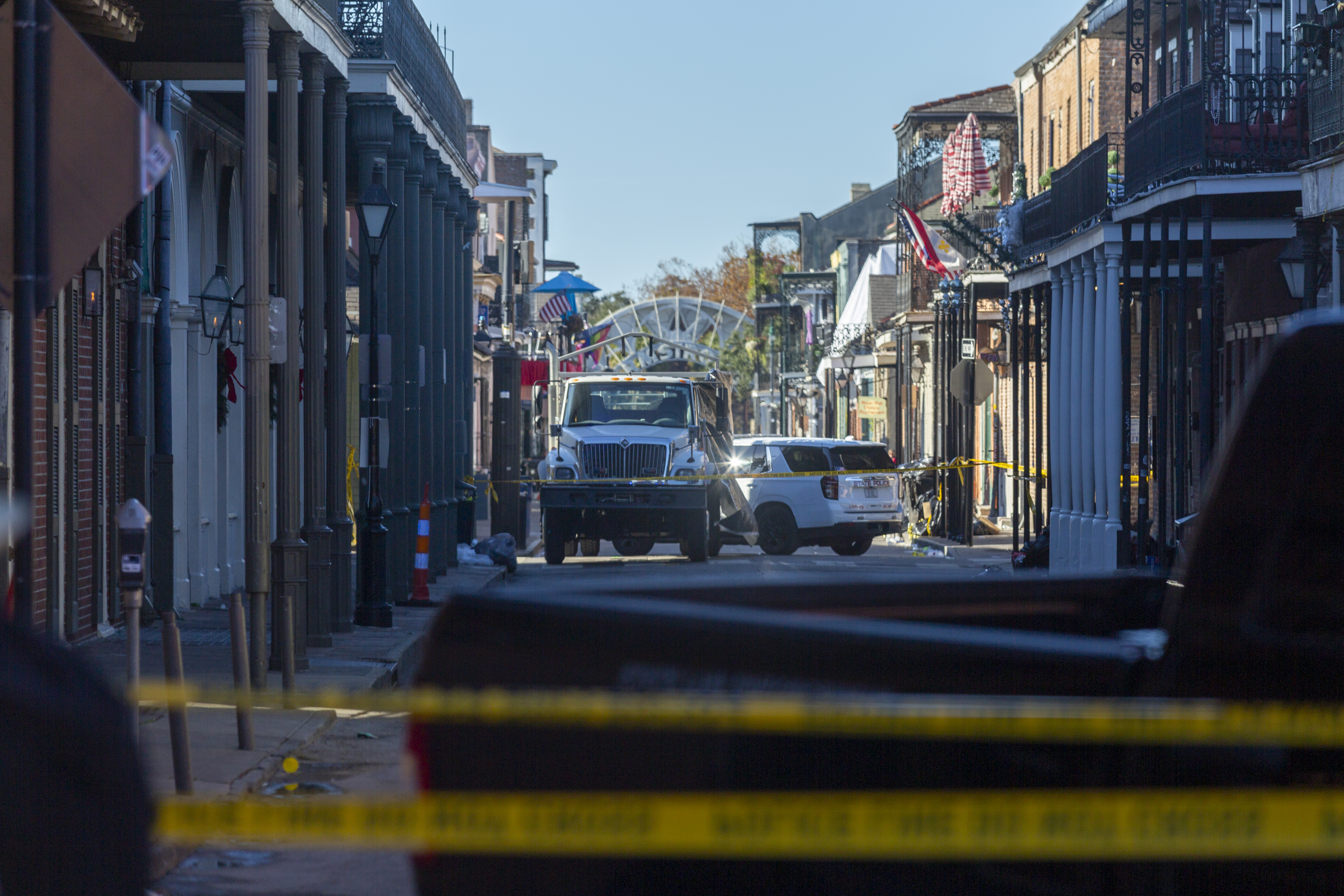In the days before the March 21 fatal shooting of Dexter Reed by Chicago police, the same tactical officers involved in the Reed shooting were busy conducting at least 50 traffic stops in west Chicago – with very little result.
Newly released body camera videos show the tactical officers from the 11th District repeatedly pulled over Black or brown drivers between March 19 and March 21 and questioned them about marijuana use, if they possessed weapons and told them they were being stopped for either seatbelt violations or window tint.
Which is ironic – NBC 5 Investigates’ review of the videos found several instances where the tactical officers conducting the traffic stops weren’t wearing seatbelts either.
Some drivers did object to the searches - including one man who initially refused to get out of his car and asked for a supervisor.
When one officer threatened arrest, he complied, and later said: “Didn’t I say you couldn’t search my car?”
One officer responded: “It’s not a search,” as other officers peered inside the man’s vehicle.
“It is,” the driver said.
Local
The video shows they let the man go without any citation or arrest.
As they’re leaving, one officer remarks: “educate yourself before you get f**** up next time.”
Feeling out of the loop? We'll catch you up on the Chicago news you need to know. Sign up for the weekly> Chicago Catch-Up newsletter.
That encounter happened two days before Reed was fatally shot.
The newly released videos – obtained through a Freedom of Information Act request that NBC 5 Investigates filed months ago - have prompted criticism from civil rights groups and attorneys representing the Reed family that the actions of these officers represent a long-standing practice within the Chicago Police Department of targeting Black and brown drivers under the pretext of traffic violations.
Reed was killed March 21 by tactical officers within the 11th district. His family is currently suing the city – alleging that CPD’s practice of tactical traffic stops are unconstitutional and contributed to Reed’s death.
While the Civilian Office of Police Accountability found that it appears Reed fired first – wounding an officer; it was the Chicago police response that prompted public criticism.
In fatally shooting Reed, the tactical officers with the 11th district fired 96 rounds in 41 seconds.
In an April 1 letter, the head of COPA wrote to Chicago Police Superintendent Larry Snelling recommending that the officers involved be relieved of their powers.
Now COPA appears to be investigating whether the traffic stops that preceded the Reed shooting were “unjustified,” according to the copy of records obtained by NBC 5 Investigates.
A CPD spokesman told NBC 5 Investigates Wednesday that the tactical units remain in use and that officers involved in the Reed shooting remain on administrative duty while COPA investigates. Beyond that, the spokesman declined to answer NBC 5 Investigates’ additional questions.
"What you found is what we've complained about in the lawsuit called Wilkins v. the City of Chicago," said Alexandra Block with the ACLU of Illinois.
Block said our findings largely mirror their allegations - which is that drivers have been targeted because of their race and that the actual stops are largely ineffective - rarely resulting in contraband.
"It's very typical of what tactical teams throughout CPD have been doing for years, which is high volume, low yield traffic stops," she said.
The ACLU argues in its lawsuit against the City of Chicago that between 2016 and 2020, 99.5 percent of CPD traffic stops did not result in the finding of any contraband.
Steven Hart, an attorney for the Reed family, said the stops are unconstitutional - violating the Fourth Amendment: "One hundred percent violates it. You can’t make up a reason for engaging in a hostile stop for an otherwise law abiding citizen and then claim you do whatever you want with them.”



